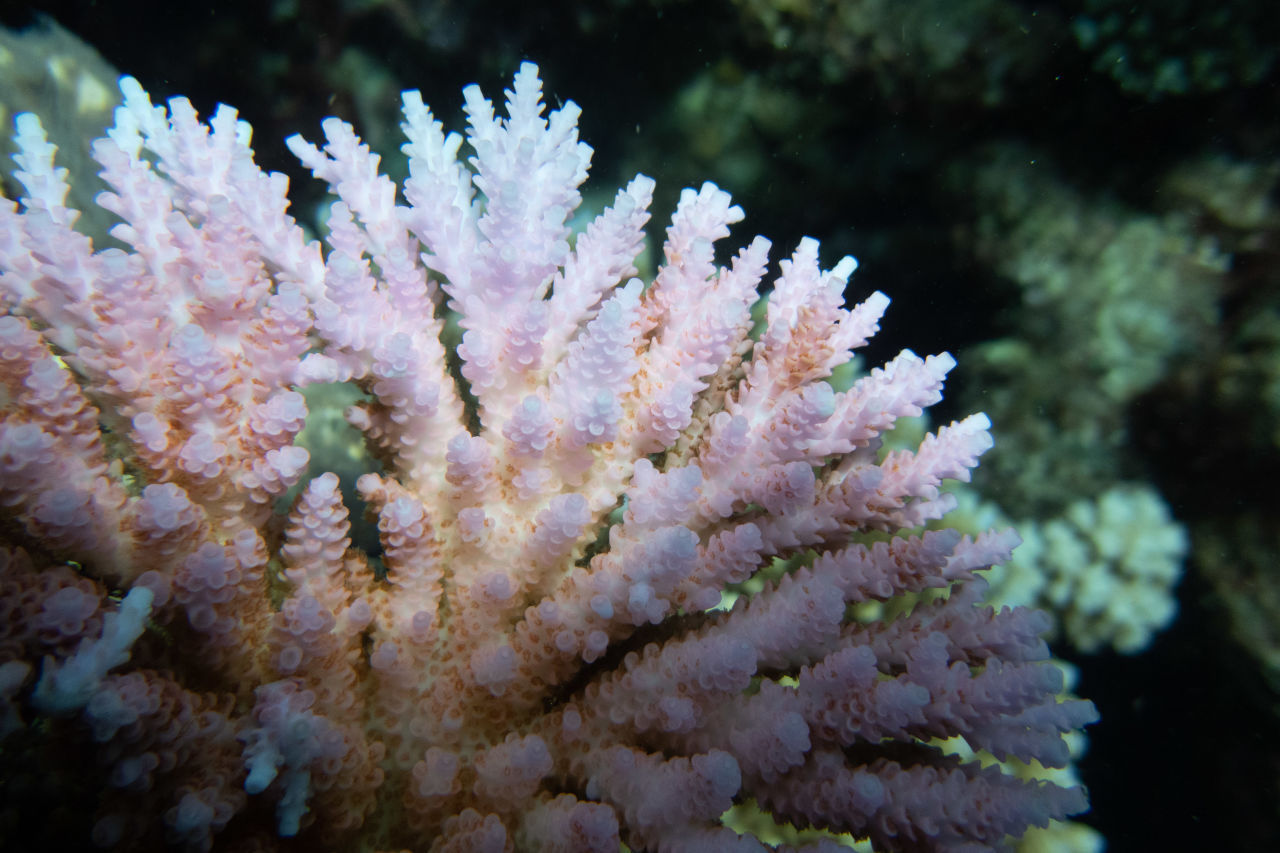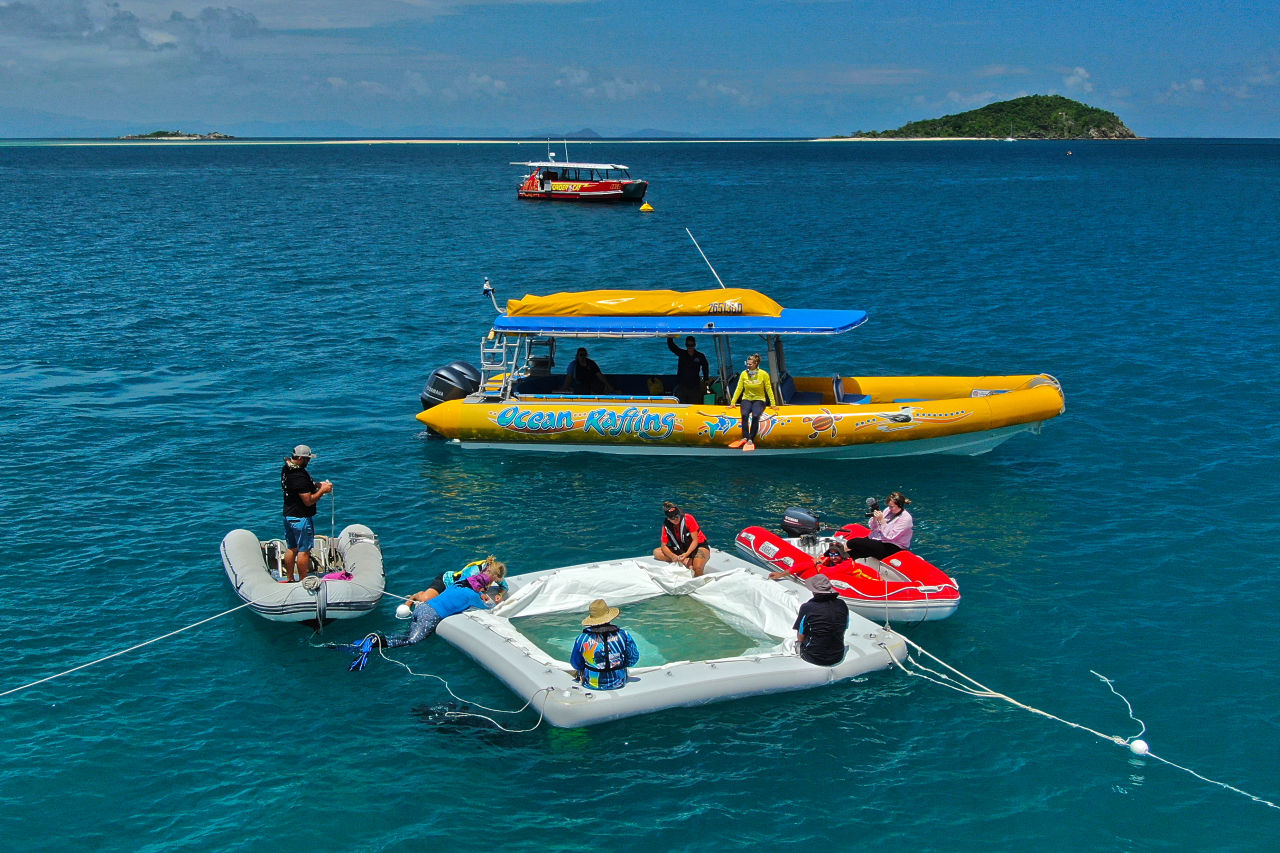Every day, we see the impacts of climate change playing out in real time - land and sea temperatures are rising, storms are becoming more extreme, and coral reefs are facing more frequent mass coral bleaching events.
We know that if we're to have any chance of securing a future for coral reefs, the world needs to drastically and rapidly reduce greenhouse gas emissions. This is critical, for life above and below the water.
But even if emissions are reduced to zero immediately, the impacts of existing emissions will continue to be felt for decades. This is what scientists mean when they refer to climate change impacts that are "locked in".
Think of it like an oven. When you first turn it on, the temperature climbs gradually until it reaches its peak. When you turn it off, it doesn't instantly return to room temperature, it takes time to cool down slowly.
#Are we on track to reduce emissions?
It's now highly unlikely that the world will reduce emissions fast enough to limit temperature rises to 1.5 degrees, which was the target set by the Paris Agreement. To achieve this, greenhouse gas emissions would have to peak before 2025 at the latest, and decline 43% by 2030. If this happened, locked in temperature rises would cease by 2050.
Now, it's far more likely that we'll limit temperature rises to 2.7 degrees, which means temperatures will continue rising beyond 2050.
#What does this mean for the Reef?
Climate change modelling shows a significant difference between the two scenarios outlined above, in terms of the impact on the Great Barrier Reef. Global warming of 1.5 degrees would see coral cover decline to around 15% by 2050, however ocean temperatures would fall in the second half of the century which would allow surviving coral reefs to recover.
At 2.7 degrees of warming, continued temperature rises would result in repeated and severe mass coral bleaching events and could reduce coral cover to around 5% by the end of the century. Coral cover of less than 5% is considered unsustainable in terms of reproduction and ecosystem function.

A heat-stressed coral. Credit: Ian McLeod, AIMS
#Is it too late to protect the Reef?
No, but we must do everything we can to cut emissions and limit further temperature rises. Every fraction of a degree will make a significant difference for coral reefs around the world.
In the meantime, the Great Barrier Reef Foundation is pioneering a toolkit of solutions to help coral reefs survive this transitional period. With our partners, we're working to build coral resilience in the face of warming temperatures, to give reefs in Australia and the Pacific the best possible chance of survival.







